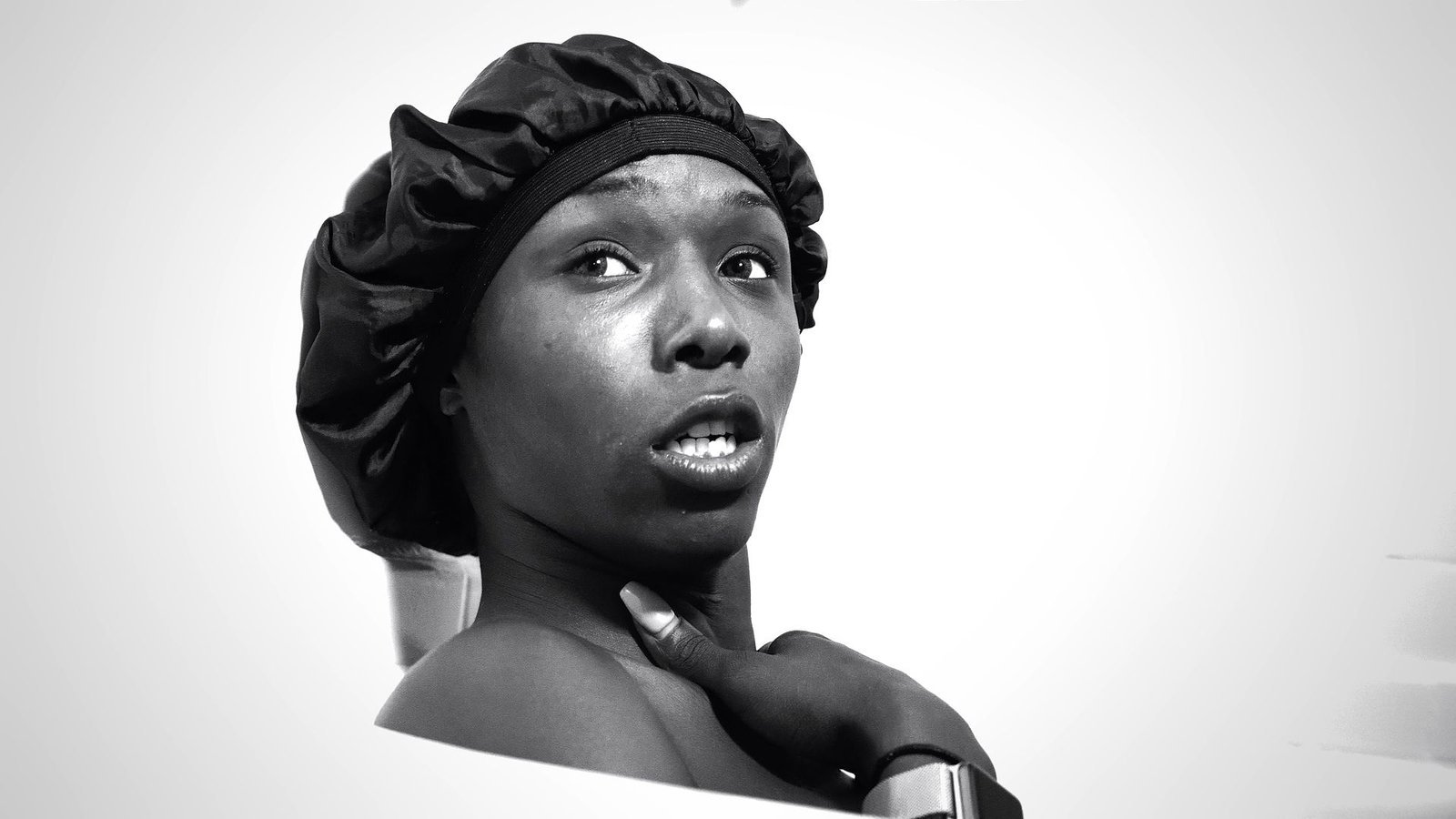Kokomo City: A Look at Lives Often Overlooked
- by fasialimtiaz890@gmail.com
- 0 Comments
- 10 Views
Table of Contents
Introduction: The State of Documentaries
Lately, I’ve been feeling disheartened by the current wave of documentaries in America. Many of them seem to focus on true crime, and while a few, like Wild Wild Country, have been entertaining, the majority end up feeling like extended Dateline episodes. What I crave are films that delve into the lives of intriguing people, much like the work of the Maysles Brothers, Barbara Kopple, and Frederick Wiseman. That’s why I was so excited to come across Kokomo City, a documentary that not only introduces us to captivating individuals but also does so with incredible artistry.
Overview of Kokomo City
Directed by D. Smith, Kokomo City tells the stories of four Black trans women who work as sex workers in New York City and Atlanta. These women operate across the economic spectrum, from street solicitors to high-end dominatrices. Through insightful interviews, the film explores how their gender, race, and occupation intersect in a way that’s both thought-provoking and deeply personal.
The Stories of Black Trans Women
The documentary shines a light on the lives of these women, offering a rare and candid look into the complexities they navigate daily. The film’s use of interviews allows viewers to see the joy, challenges, and dangers these women experience. The documentary is also notable for including reenactments of client interactions, which range from humorous to harrowing, making the film even more gripping.
Client Interactions and Reenactments
In Kokomo City, the reenactments add an extra layer of engagement, portraying clients who come to appointments with guns and others who express vulnerability. These moments serve as a reminder of the peril that sex workers often face, particularly when the work is forced underground due to its criminalization. The film suggests that decriminalizing sex work would mitigate much of the danger these women endure, a point that resonates deeply given the current landscape of exploitation and violence in this field.
The Hypocrisy of Toxic Masculinity
The film also offers a nuanced critique of toxic masculinity, especially among Black cisgender men. Some of the men interviewed in the film maintain relationships with Black trans women or engage with them as clients, yet they hide behind a façade of hypermasculinity, fearful of being labeled “weak” or “gay” by their peers. This hypocrisy often leads to violent reactions after these secret encounters, driven by internalized self-loathing.
Reflections on Gender and Attraction
As a white cisgender man, it’s difficult for me to speak on this world, one so different from my own lived experiences. I’ve never solicited a sex worker, and my wife and I aren’t in an open relationship. That said, I deeply admire the authenticity and courage of many trans individuals. It’s incredibly hard to live openly as trans in America, and to be both Black and trans presents even more challenges. I find it tragic that so many people, particularly those within white evangelical circles, waste so much emotional energy obsessing over the lives of LGBTQ people.
The Impact of Legalization and Decriminalization
The film emphasizes how dangerous sex work can be due to its criminalization. One story involves a woman in a physical altercation with a client who was afraid of being robbed. After the fight, they still engaged in the transaction, but it highlighted the dangers inherent in this underground world. Decriminalizing sex work could remove much of this risk, offering a safer environment for everyone involved.
Violence Against Black Trans Women
Kokomo City doesn’t shy away from addressing the grim realities faced by Black trans women. Tragically, Koko Da Doll, one of the film’s participants, was shot and killed in Atlanta earlier this year. Her murder is believed to be a hate crime, part of a disturbing trend. In 2023 alone, 12 trans women were murdered, 83% of whom were killed by gun violence. These are only the cases we know of, and the actual number may be higher, given the secrecy that surrounds illegal sex work.
Conclusion: A Call for Change
Despite these heavy realities, Kokomo City refuses to dwell solely on the sadness of these women’s lives. There is joy, too, as seen in the relationships these women have and the resilience they show. We need to recognize that trans people have always existed and always will. What must change is the hateful dogma that continues to fuel such violence. Love and authenticity should never be punished, and all people deserve to live openly, without fear of being harmed for simply being themselves.




Leave feedback about this